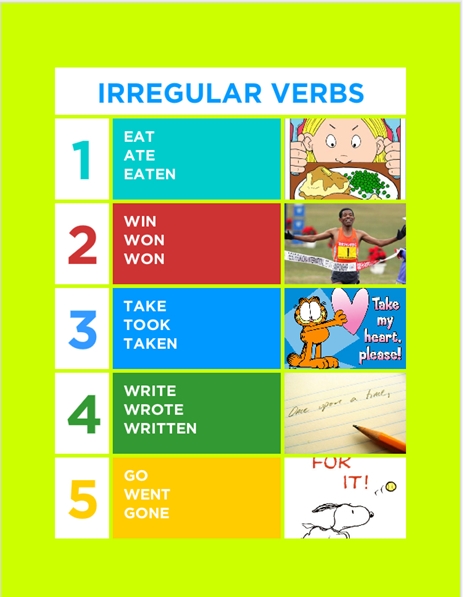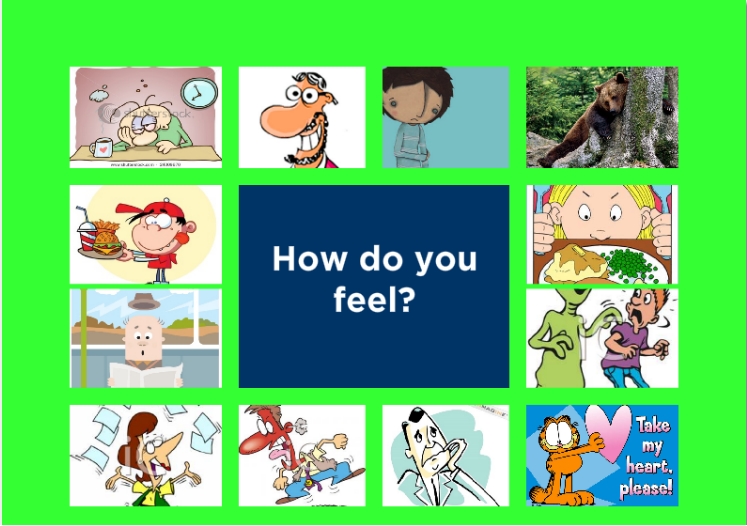A Thesaurus ![]() is a reference book in which words with similar meanings are grouped together ( it contains synonyms and sometimes antonyms).
is a reference book in which words with similar meanings are grouped together ( it contains synonyms and sometimes antonyms).
Try this site and see how a Thesaurus can help you online.
Writing can be a daunting task when you cannot quite think of just the right word to convey your ideas without sounding redundant and boring. A free thesaurus online is an invaluable resource offering expedient gold mines of vocabulary. To check thesaurus sites available can also be time-consuming. However, one site that will place thesaurus synonyms at your fingertips is thesaurus.net. Our free thesaurus online resource offers a thesaurus dictionary online where your only task is to enter a word you find yourself unnecessarily overusing. This English thesaurus will quickly provide an array of possible synonyms that can be used to enhance writing.

 I’ve been using this idea for quite a long time but though I can remember it was a word of mouth idea I can’t quite say who it came from, so forgive me if you’re reading this and I haven’t given you any credit.
I’ve been using this idea for quite a long time but though I can remember it was a word of mouth idea I can’t quite say who it came from, so forgive me if you’re reading this and I haven’t given you any credit.


 language.But ,although you can say in at least three different ways, I’m going to
language.But ,although you can say in at least three different ways, I’m going to